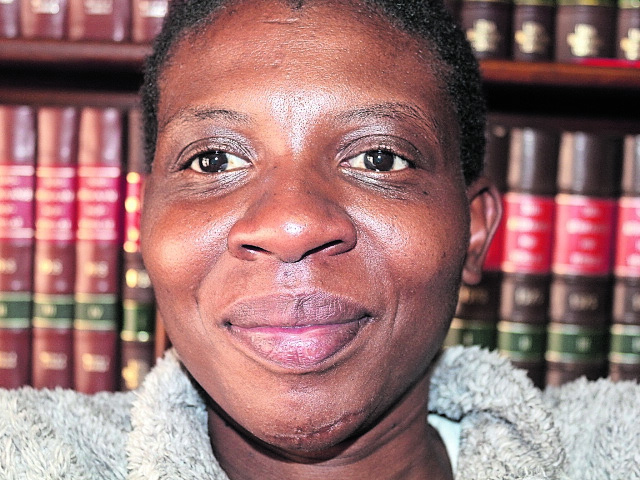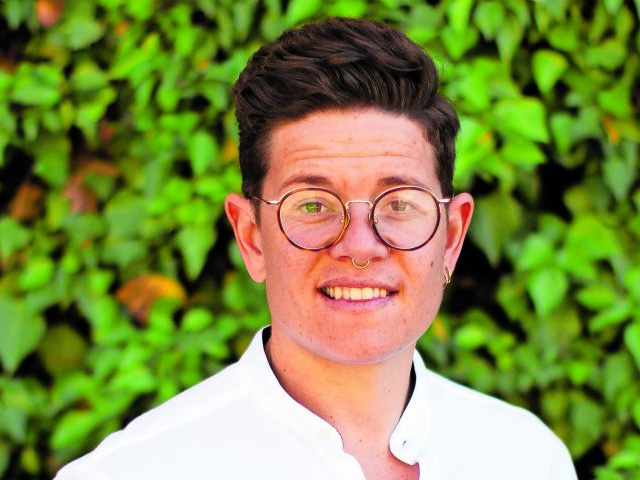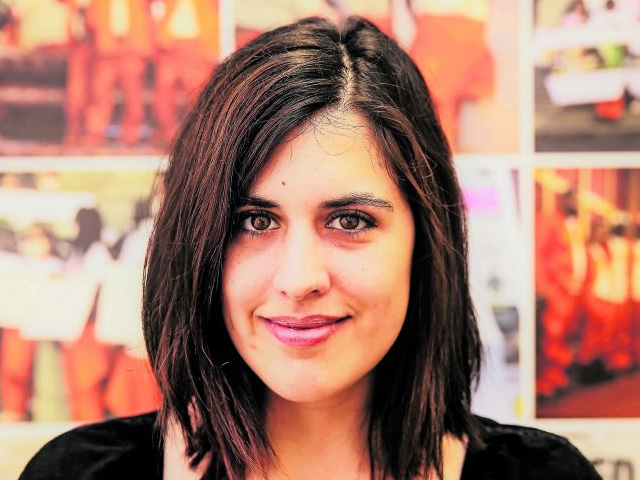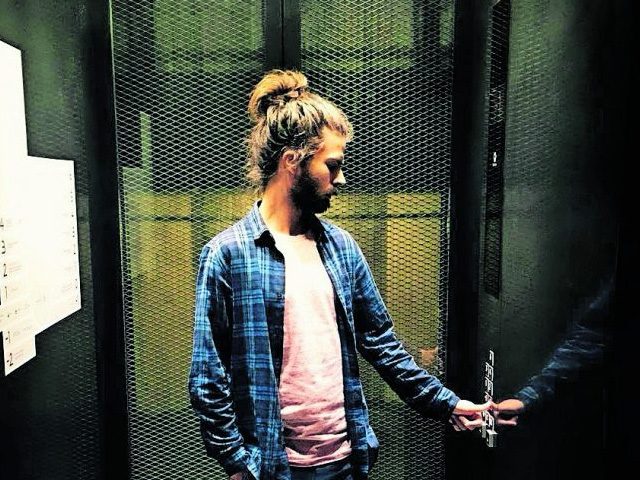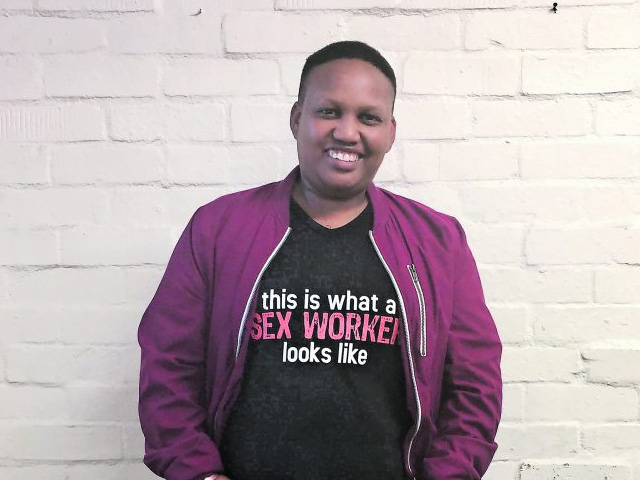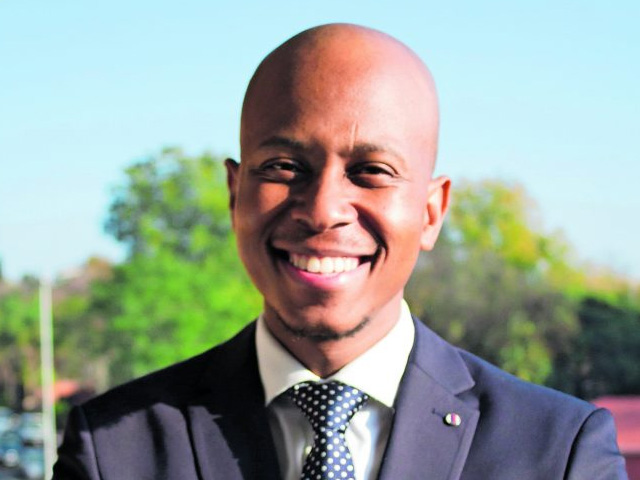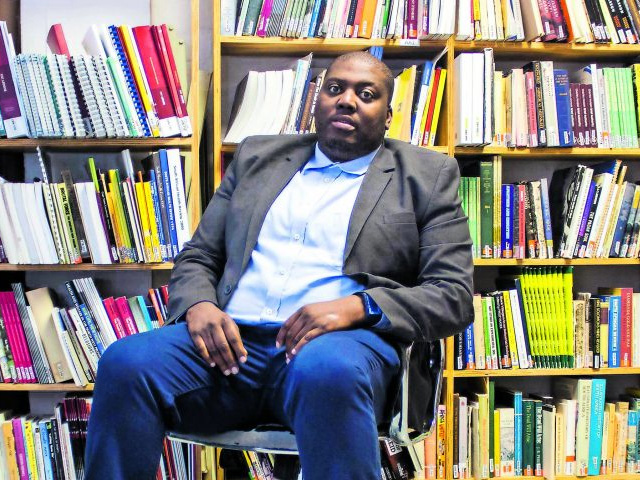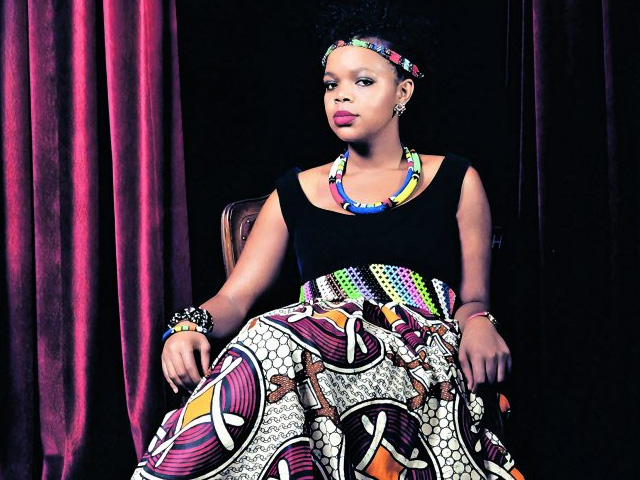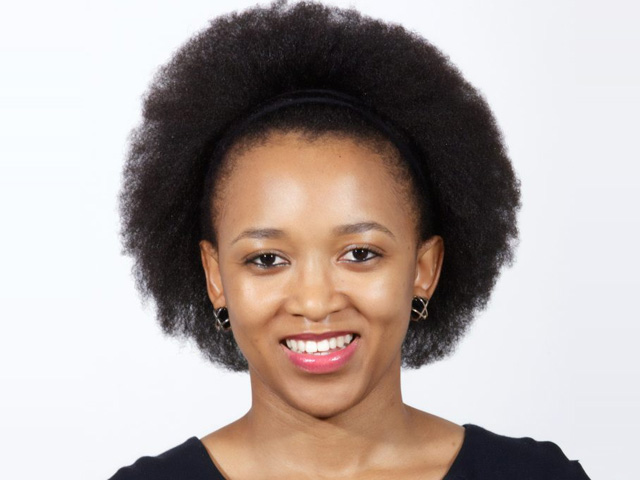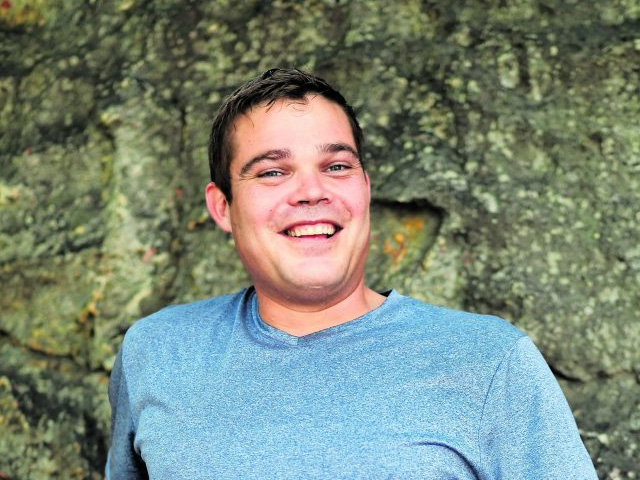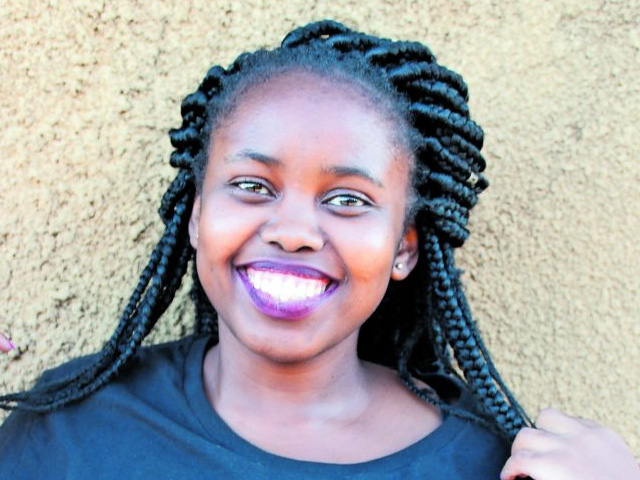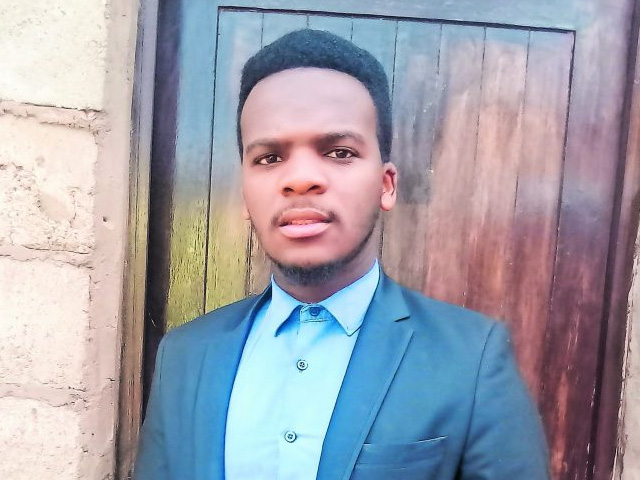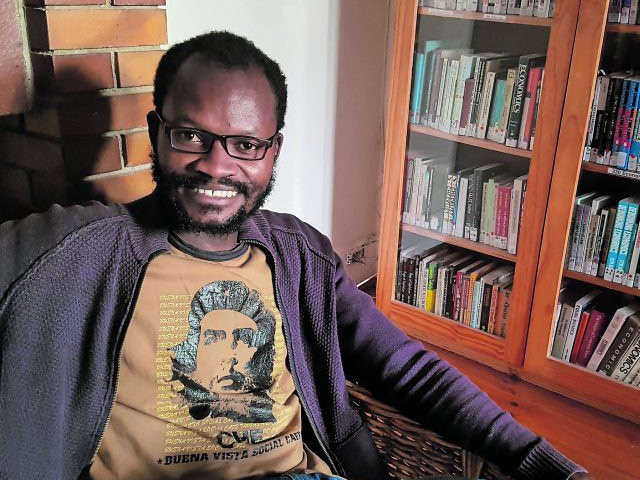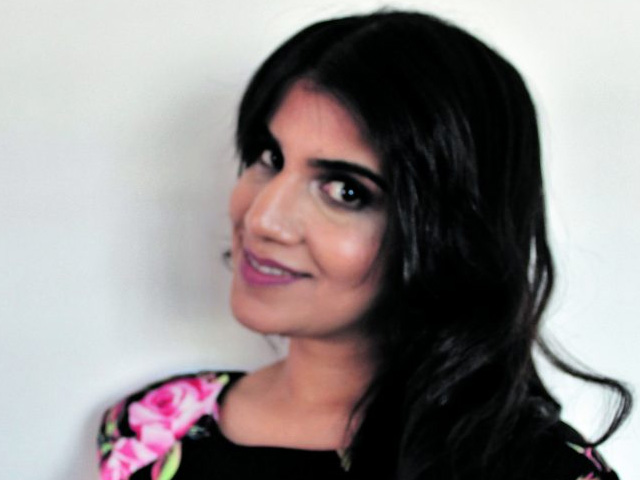Carol Mohlala successfully utilises the influential power in the art of communication to engage with various social justice issues, including those affecting the LGBTI and other vulnerable communities.
This media studies and industrial sociology graduate is a writer, editor and communications strategist who also studied financial journalism through the Gordon Institute of Business Studies. Mohlala’s passion for media and communication sees her using her skills to drive her continued commitment to the effective communication of key messages to the most vulnerable in society. This work lends itself to the betterment of the communities Mohlala serves through her efforts within the NGO sector as well as her current role as media and communications manager for Lawyers for Human Rights (LHR).
In her role at LHR, Mohlala has been instrumental in communicating and facilitating debates around the Hate Crimes Bill and offering training to individuals in the NGO sector on effective media strategies and enhancing their understanding of the best tools to use in the media. Mohlala also offers commentary on broadcasting regulations, ethics and policies in South Africa.
Her biggest motivation is her late mother who instilled a strong sense of community in her. “Even though she had very little, she always wanted us to dream big. She pushed us to study but at the same time always reminded us to stay grounded. That even with education, or a job, we were part of a community and needed to give back,” says Mohlala. She hopes that anyone crossing paths with her remembers her strong belief in others, the fact that she never lets talent go unnoticed, and her openness to offering advice to the betterment of those she interacts with.
Currently serving her second term as a public representative on the panel of adjudicators at the Press Council, Mohlala has also played a noteworthy role in previous positions held within Media Monitoring Africa and the Save Our SABC (SOS) Coalition — civil society pressure groups that contribute towards highlighting marginalised voices.
Her active role in South Africa’s civil society is driven by a life lesson that Carol holds dearly: “Umuntu ngumuntu ngabantu” (a person is a person through other people). “No matter how educated you are or the car you drive or your position at work you can never survive on earth on your own. You are part of a community and you need to nurture those circles.” — Simphiwe Rens
